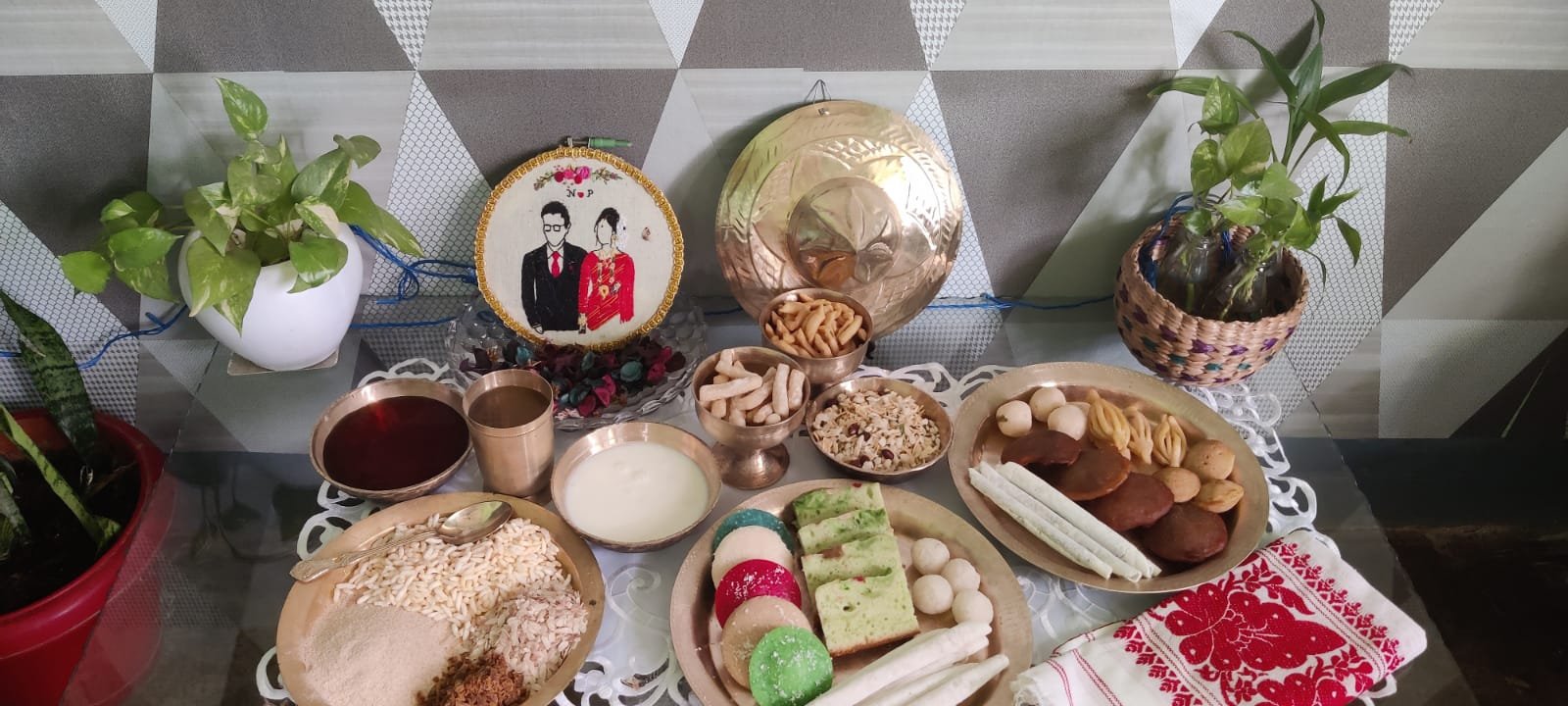What is it that we are looking for when we speak about equality?
Inequality – An Uncomfortable Question
This long-standing question rears its unpleasant head yet again. I believe it is a question we all have encountered time and again in our lives, although at times we have disregarded its significance in our naiveté and sometimes have chosen to remain happy in our bubble of unscathed existence. But no matter whether we choose to open our eyes, it will always be a question that sometimes jolts the very lies upon which we base our sophisticated lives.
The Unequal Burden
Simple everyday examples we see all around us paint a picture that is far from rosy. In most households today, the man and woman of the house are engaged in equivalent jobs with important deliverables, responsibilities, and working hours. However, it still amazes me that household jobs like cooking, cleaning, managing the children, and such often get added to a woman’s list of chores. She can do housework, at least in the Indian context, but managing them is again something that’s her prerogative.

There are of course exceptions, but often, the husband will only be available for household tasks when he has free time to spare or on weekends when he wants to volunteer, making it amply clear that he is ‘helping out’ and not doing something that is also part of his task list. Add to this the constant reminders that some of them need to do even regular stuff.
Modern Family Dynamics
In modern society, we have reached a position where most men and women can hold full-time jobs, opt for their preferred clothing choices, and decide when the family eats out or orders food. Vacations are no longer taken when only the male member can conveniently take leaves but also consider the schedules of others. I think we have indeed come a long way from the situations even 15-20 years ago when women and their jobs used to be considered secondary in any family and her earning more than her husband was considered taboo to even mention except in the confines of the bedroom.

Balancing Work, Family, and Guilt
These situations get further complicated when the woman becomes a mother. She is expected to balance her motherly duties with her office work, and no matter how much she tries, she ends up being pushed to the wall with overflowing piles of tasks both at home and at work. She is expected to become a miracle worker overnight and manage sleepless nights without dropping a single point on her productivity scale. And the guilt. The guilt of family, society, and oneself is omnipresent, be it prominent or subtle.
Beyond Outdated Expectations
– When will our society come to terms with the fact that cooking, cleaning, ironing, and washing are life skills and not something that the ‘women’ in the house need to do to serve others?
Taking care of the child’s needs falls on both parents, and the father managing the child is also parenting.
-When will we, as mature people, understand that a doctor, when he or she returns home after performing a 6-hour surgery, needs rest and cannot be expected to continue with household work immediately?
-When an at-home parent has to manage kids and the house the whole day, the person requires some quiet and rest for the body and mind.

These requirements do not change based on gender. The needs of the body and the mind—the need to unwind after a gruelling day—are not gender-specific, and we need to grow up to empathise with them. There are still in-laws who expect the daughter-in-law to cook dinner after a whole day’s work and consider themselves open-minded since she can wear jeans to work.
Importance of shared responsibility
As a woman who grew up as the daughter of a working mother and one who is a working mother herself, I would like every family, spouse, or child to be supportive of this constant pressure that we face and understand that not every day can be perfect. Instead of celebrating one day for a mother or daughter, let us share her load and rally around the family all year. This will reduce the constant scrutiny and guilt as well as bring equilibrium and parity, which is otherwise tough to achieve.

















Facebook Comments